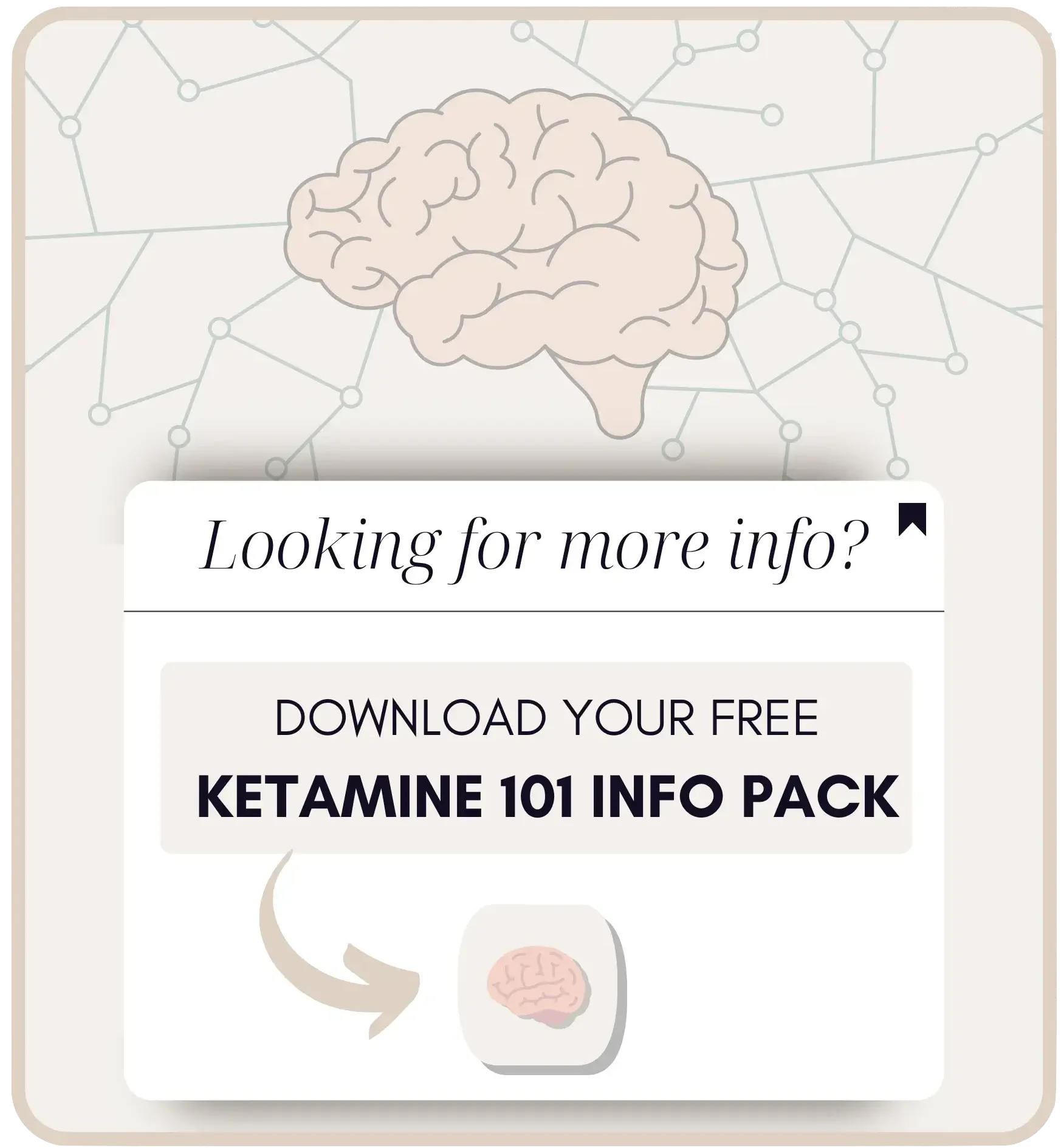Polyvagal-Informed Therapy
for Anxiety & Panic Attacks
Polyvagal-Informed Therapy is a therapeutic approach that is supported by the work of Dr. Porges. This treatment approach has shown promise in the treatment of anxiety and panic attacks is derived from Polyvagal Theory, a theory that offers insights to the mind-body connection. Polyvagal theory is a theory of the neural regulation of behavior and emotions developed by Dr. Stephen Porges.
Anxiety and panic attacks can be debilitating and overwhelming experiences, however, are the most common reasons people seek out mental health counseling. In fact, thee NIMH reports that anxiety disorders impact more than 40 million adults in the USA. Therefore, with such great numbers, various techniques and approaches must be thoroughly researched for therapeutic efficacy. Polyvagal theory is an under-explored and underutilized area of mental health that can support the therapy process, though should not be considered an “intervention”, “cure” or “healing method” as more research and evidence is needed.
Understanding Polyvagal Theory & the Vagus Nerve

According to polyvagal theory, the vagus nerve has two branches, the ventral vagus and the dorsal vagus, which have different functions in the body’s stress response. The ventral vagus is associated with behaviors that promote social engagement and connection, such as eye contact, facial expression, and vocalization. The dorsal vagus is associated with behaviors that promote withdrawal and disengagement, such as fainting, freezing, and shut down.
Polyvagal-Informed Therapy & The Anxiety Response
Polyvagal theory proposes that the body’s stress response is organized in a hierarchy, with the ventral vagus being the most evolved and adaptive response, and the dorsal vagus being the least adaptive. When we are in a safe and secure environment, the ventral vagus is activated, which allows us to relax and feel calm. However, when we are in a stressful or threatening situation, the dorsal vagus is activated, which allows us to engage in fight-or-flight behaviors to protect ourselves.
Skills Used in Polyvagal-Informed Therapy

Polyvagal-informed therapy is a treatment approach that uses techniques such as deep breathing, progressive muscle relaxation, and mindfulness to help individuals regulate their vagal tone and improve their ability to cope with stress. By activating the ventral vagus and activating the “vagal brake,” individuals can reduce their physical and emotional reactions to stress and improve their overall well-being.
Stress Reducing Skills to Try At Home
One technique used in polyvagal-informed therapy is deep breathing.
Deep breathing involves inhaling deeply through the nose and exhaling slowly through the mouth. This technique helps activate the vagal brake by increasing the flow of oxygen to the brain and slowing down the heart rate. By practicing deep breathing regularly, individuals can learn to calm their nervous system and reduce their stress and anxiety levels.
Another technique used in polyvagal-informed therapy is progressive muscle relaxation.
This technique involves tensing and relaxing different muscle groups in the body, starting from the feet and working up to the head. By focusing on the sensation of tension and relaxation, individuals can learn to identify and release physical tension, which can help reduce anxiety levels.
Polyvagal Theory: Treatment Outcomes
It’s worth noting that these techniques may be more effective when used in combination with other evidence-based treatments for anxiety, such as cognitive-behavioral therapy (CBT) or medication. It’s also important to work with a mental health professional to determine the most appropriate treatment plan for your specific needs and goals.
If you struggle with anxiety or panic attacks, know that you are not alone, and there are many treatment options available. Polyvagal-informed therapy is a promising treatment support that can help individuals regulate their vagal tone and improve their ability to cope with stress. By practicing techniques such as deep breathing, progressive muscle relaxation, and mindfulness, individuals can reduce their physical and emotional reactions to stress and improve overall well-being.
Our Online Therapists can help you learn the techniques and work with you to develop a treatment plan that is tailored to your specific needs and goals.
Additional Resources
Here is a book recommendation on polyvagal theory and its applications in therapy:

